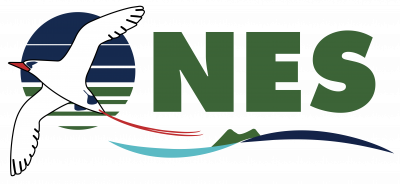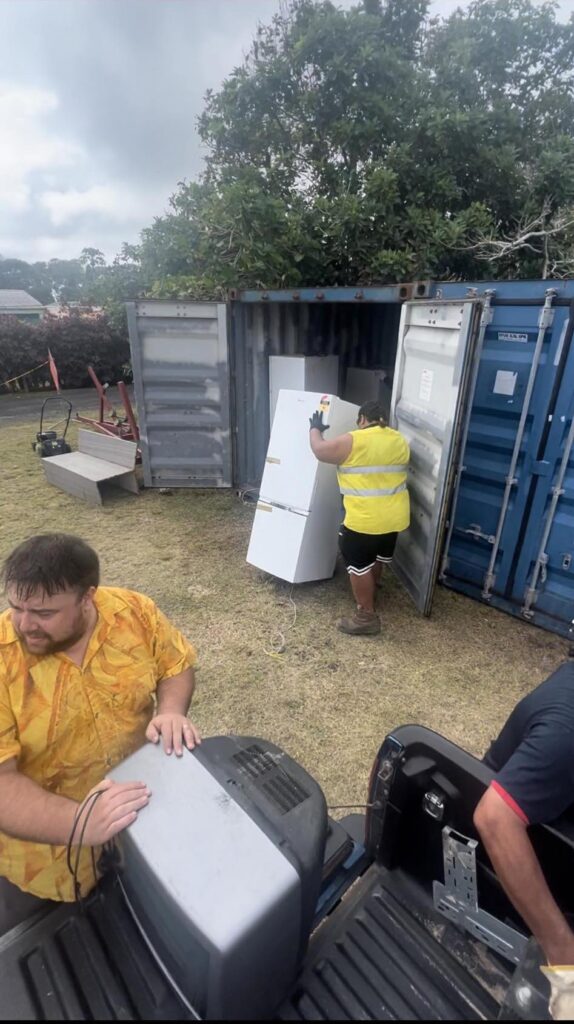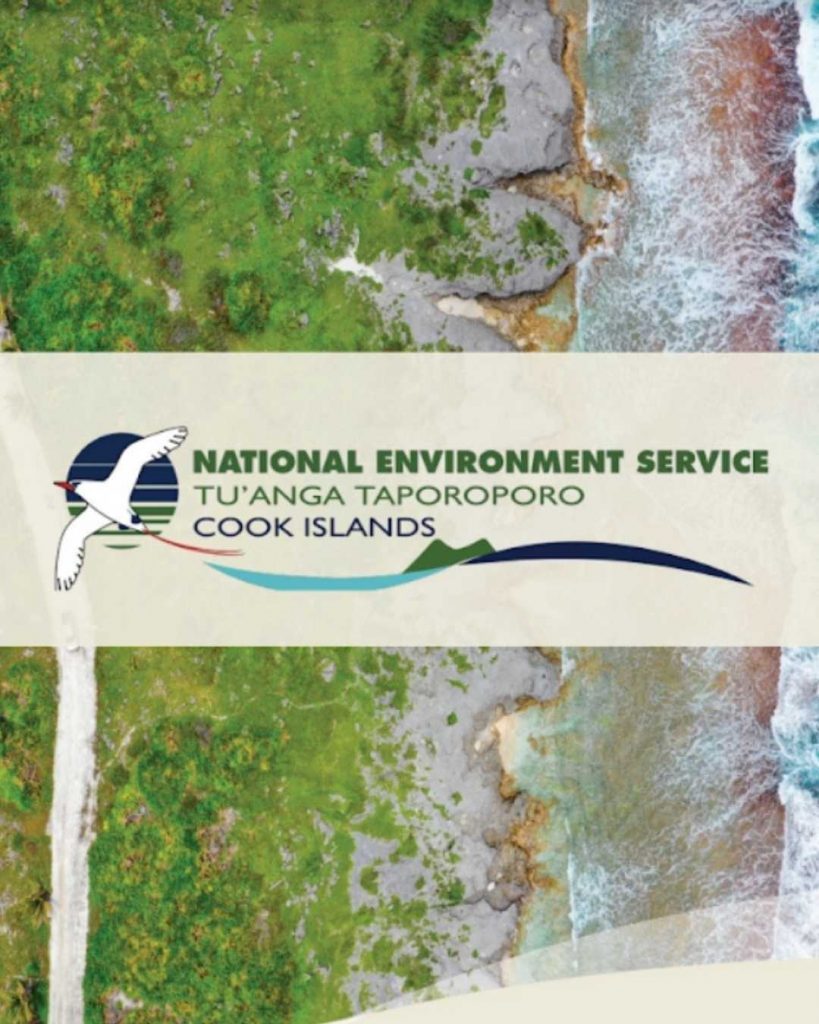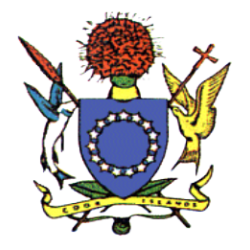Waste and pollution is a key block of the triple planetary crisis that is affecting sustainable development in the Pacific region. Leading officials from the Pacific were invited to represent interests in waste management, environment, maritime, private sector and the civil society. The Secretariat of the Pacific Regional Environment Programme (SPREP) coordinated the roundtable with the support of the Australian Government. A delegation from the Cook Islands attended the 4th Clean Pacific Roundtable in Funafuti, Tuvalu, earlier this month. Claytoncy Taurarii, Director of Waste Management with Infrastructure Cook Islands, led the discussions on the PacWaste project, while Halatoa Fua, NES Director, led the discussions on the Pacific Ocean Litter Project. Patricia Tuara, Director for Maritime of the Ministry of Transport, represented matters related to maritime operations. Mii Herman from NES and Ngamata Tanga from ICI also joined the Cook Islands delegation.
The delegates reflected on the achievements, challenges and lessons learned and emerging issues from the current Clean Pacific Strategy 2025. There were various contributions made relating to the increase in capacity, progress in waste management facilities, investment in new technologies, and raising more awareness on waste management. While there were many achievements made to date, delegates felt that many issues and challenges will need to be addressed in the new strategy. This included capacity and budget constraints, landfills near capacity, lack of awareness and increase in waste accumulated. There were also extensive discussions on illegal dumping, waste from new technologies, and the limitations on recycling and processing systems.
The sessions focused on presenting many case studies across the Pacific on circular solution for waste management, emerging waste management technologies and marine and disaster waste management practices. The delegates delved into different waste streams to identify challenges and opportunities. Some of the topics on waste were focused on bulky, hazardous, organic, and plastic waste amongst the focal areas.
The third day was focused on plastic pollution and the development of the international global instrument to end plastic pollution. Halatoa Fua presented on the Cook Islands country perspective on the treaty development, focusing on the full lifecycle of plastics and its impact on the environment and human health.
Finally, the delegates endorsed the Outcome Statement of the 4th Clean Pacific Roundtable, to reflect on the key resolutions on each of the sessions covered. In developing of the Cleaner Pacific Strategy 2025-35, the delegates acknowledge the importance of strengthening regional cooperation and coordination, to ensure an effective plan is successfully implemented to uplift waste management and pollution control in the Pacific region. Tuvalu was able to showcase its policies and regulations relating to waste management, site visit to their landfill facility, and provided leadership in aspiring to achieve a waste-free Pacific.
Halatoa Fua stated ‘the 4th Clean Pacific Roundtable solidified the need to prioritise on waste management and pollution control, particularly in advocating for other waste streams in the plastic pollution treaty negotiations. The issue of waste and pollution continues to be a growing environmental concern for the Pacific, and we welcome the support and cooperation by local and international partners.’
The sessions focused on presenting many case studies across the Pacific on circular solution for waste management, emerging waste management technologies and marine and disaster waste management practices. The delegates delved into different waste streams to identify challenges and opportunities. Some of the topics on waste were focused on bulky, hazardous, organic, and plastic waste amongst the focal areas.
The third day was focused on plastic pollution and the development of the international global instrument to end plastic pollution. Halatoa Fua presented on the Cook Islands country perspective on the treaty development, focusing on the full lifecycle of plastics and its impact on the environment and human health.
Finally, the delegates endorsed the Outcome Statement of the 4th Clean Pacific Roundtable, to reflect on the key resolutions on each of the sessions covered. In developing of the Cleaner Pacific Strategy 2025-35, the delegates acknowledge the importance of strengthening regional cooperation and coordination, to ensure an effective plan is successfully implemented to uplift waste management and pollution control in the Pacific region. Tuvalu was able to showcase its policies and regulations relating to waste management, site visit to their landfill facility, and provided leadership in aspiring to achieve a waste-free Pacific.
Halatoa Fua stated ‘the 4th Clean Pacific Roundtable solidified the need to prioritise on waste management and pollution control, particularly in advocating for other waste streams in the plastic pollution treaty negotiations. The issue of waste and pollution continues to be a growing environmental concern for the Pacific, and we welcome the support and cooperation by local and international partners.’







